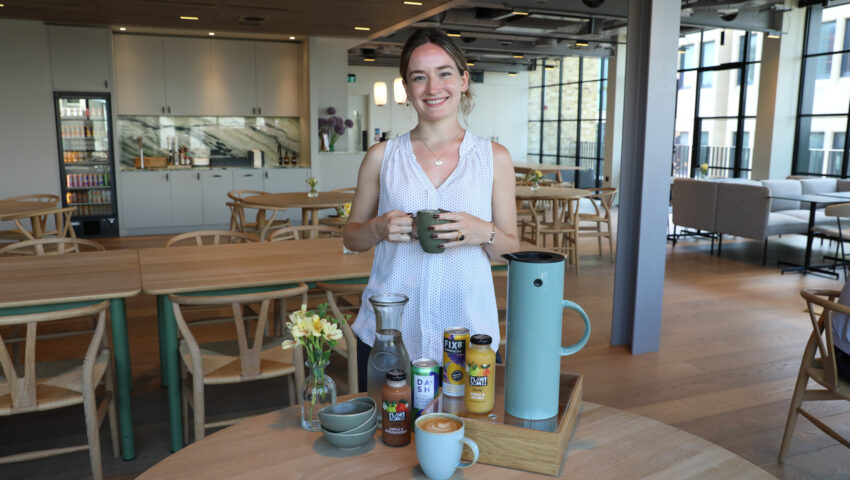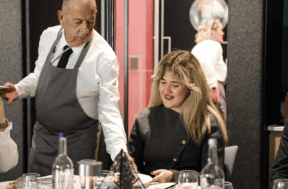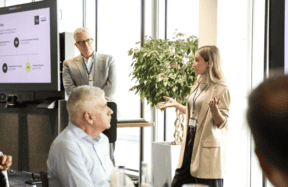Blogs
Plastic free July: Why we must rethink our relationship with plastics

Plastic Free July is a global movement calling for urgent change. By now, most of us are aware of the serious threat plastics pose to both human health and the environment. But what’s the real impact of our reliance on plastic, and how can businesses like ours be part of the solution?
The double-edged sword of plastic
Manufacturers create plastic using a by-product of crude oil refining. It’s incredibly versatile, cheap to produce and widely used—especially in the food industry. As contract caterers, we understand the benefits plastic has brought to food safety. It helps seal and protect food, reduces cross-contamination, and extends shelf life.
However, these benefits come with a significant cost.
The environmental Impact of plastic waste
Plastic doesn’t biodegrade in the way organic materials do. Instead, it can take hundreds of years to break down. Recycling facilities have successfully processed only around 9% of all the plastic ever produced. This is due to a combination of issues: contamination, the low quality of many single-use plastics, and a lack of recycling infrastructure.
Much of the plastic we use is incinerated for energy recovery or ends up in landfill. Worse still, a significant portion escapes our waste systems entirely and becomes environmental pollution.
From ocean waste to microplastics
We’ve all seen distressing images of turtles mistaking plastic bags for jellyfish or marine animals entangled in fishing nets. But there’s an even more hidden threat: microplastics.
Larger plastics break down into microplastics—plastic particles less than 5mm in size. They’ve made their way into our water systems, food, and even our bodies. Recent studies have detected microplastics in human organs, and early research suggests links to serious health issues, including lung cancer and neurotoxicity. The long-term consequences remain unknown, but the warning signs are clear.
Taking responsibility
At BM, we’re taking proactive steps to reduce our reliance on plastic—particularly single-use items.
We’ve collaborated closely with one of our largest clients to eliminate plastics from front-of-house operations.Our team has removed nearly all plastic from their counters and displays across two major sites
But we’re not stopping there. We’re working with our suppliers to transition towards reusable packaging, because we believe prevention is the most effective form of waste management.
Partnering for circular solutions
Another of our key clients, based in London, has partnered with Caulibox to implement a closed-loop system for takeaway packaging. This initiative allows customers to enjoy food and drinks at their desks—without the guilt of single-use plastic. Once finished, containers can be returned to designated kiosks, where they are collected, cleaned and reused. At the end of their life, the Cauliboxes are responsibly recycled—ensuring a zero-waste outcome.
Collaboration is key
We’re excited by what we’ve achieved so far, but we know real change only happens through collaboration. Plastic is so ingrained in our daily operations that no business can remove it entirely on their own.
That’s why we’re working closely with both clients and suppliers to design closed-loop solutions that are practical, scalable and sustainable.
Let’s make plastic free July last all year
Plastic Free July is a powerful reminder of how much more we can do. But for real impact, we need to think beyond just one month.
By rethinking our approach, investing in innovative solutions, and working together, we can reduce our plastic footprint—not just in July, but all year long.
Let’s make 2025 the year we commit to lasting, collaborative change.





